Cameron Boyce was a talented young actor who was taken from us too soon. He passed away at the of 20 in 2019 after suffering a fatal seizure in his sleep. Just like Hilary Duff, Lindsay Lohan, Raven Symone, Adrienne Bailon, Sabrina Carpenter and Sofia Carson, Boyce was a Disney alum. While on Disney, Boyce appeared in ‘Jessie’ between 2011 and 2015 with Debby Ryan, Peyton List, Skai Jackson and Karan Brar. He also appeared in supporting roles, such as ‘the two ‘Grown Ups’ films, starring Adam Sandler and Selma Hayek.
At the time of his death, Boyce was on his way to step away from Disney. His last ever Disney work was the third ‘Descendant’ film, which was release posthumously in August 2019. It co-starred Dove Cameron Booboo Stewart, and Sofia Carson, who was also the subject matter for the previous blog post. And just as a fun fact, Boyce was close friends with both Carpenter and Carson. He was also best friends with Karan Bart, and the duo even lived together at the time of Boyce’s death, along with Sophie Reynolds, who co-starred with Boyce in ‘Gamers Guide To Pretty Much Everything’; another Disney show, which, according to Victoria Boyce, Cameron Boyce’s father, was NOT a good show.
And speaking of Cameron Boyce’s father, he and the rest of his family, as well as Cameron Boyce’s friends and former colleagues, including Brar, Reynolds, and Sandler himself, have been doing a phenomenal job raising awareness on epilepsy since Boyce’s untimely death. Within a short time following his death, The Cameron Boyce Foundation was created. Its aim is to end gun violence and to bring awareness to epilepsy.
Gun violence, particularly ending gun violence, was a cause Boyce was passionate about. In the years since his death, more and more deaths have been affected by gun violence, particularly in the Black community. Sonya Massey was the latest known victim of such gun violence as she was violently shot by a police officer in her own home on July 6. Since her death, Zeba Blay, a female Black writer made a very intriguing post about her own experience of being violated by police. In her post, she wrote about how she went through a very tough time emotionally and how when she made an alarming post on Twitter, someone called the police to do a welfare check on her. When police arrived in her home, she was laughed at, violated, and questioned. She wrote about how careful she was at seeming ‘normal’ because she knew that anything she did could result in her being dead and killed by police.
The reason why I’m mentioning this so heavily is because Cameron Boyce was half Black. His father is Black and his mother is Jewish. And even though to the eye he was white, Boyce was very proud of his Black heritage. His paternal grandmother is Jo Ann Crozier Allen. She was one of ‘The Clinton 12.’ She was one of the 12 students who were integrated public high school in the 1950’s. Before that, she was told to attend a school 20 miles away from her strictly because of the colour of her skin.
Since it was established in 2019, The Cameron Boyce Foundation has raised more than a million dollars. It’s a great accomplishment since donation amounts range between 5-10 dollars at a time. I myself donated $50 to the foundation a couple of years ago, but that’s because I’m not in Cameron Boyce’s fan age range (I’m just A LITTLE older), and because their cause is personal to me. My story was also included in one of their campaigns a couple of years ago.
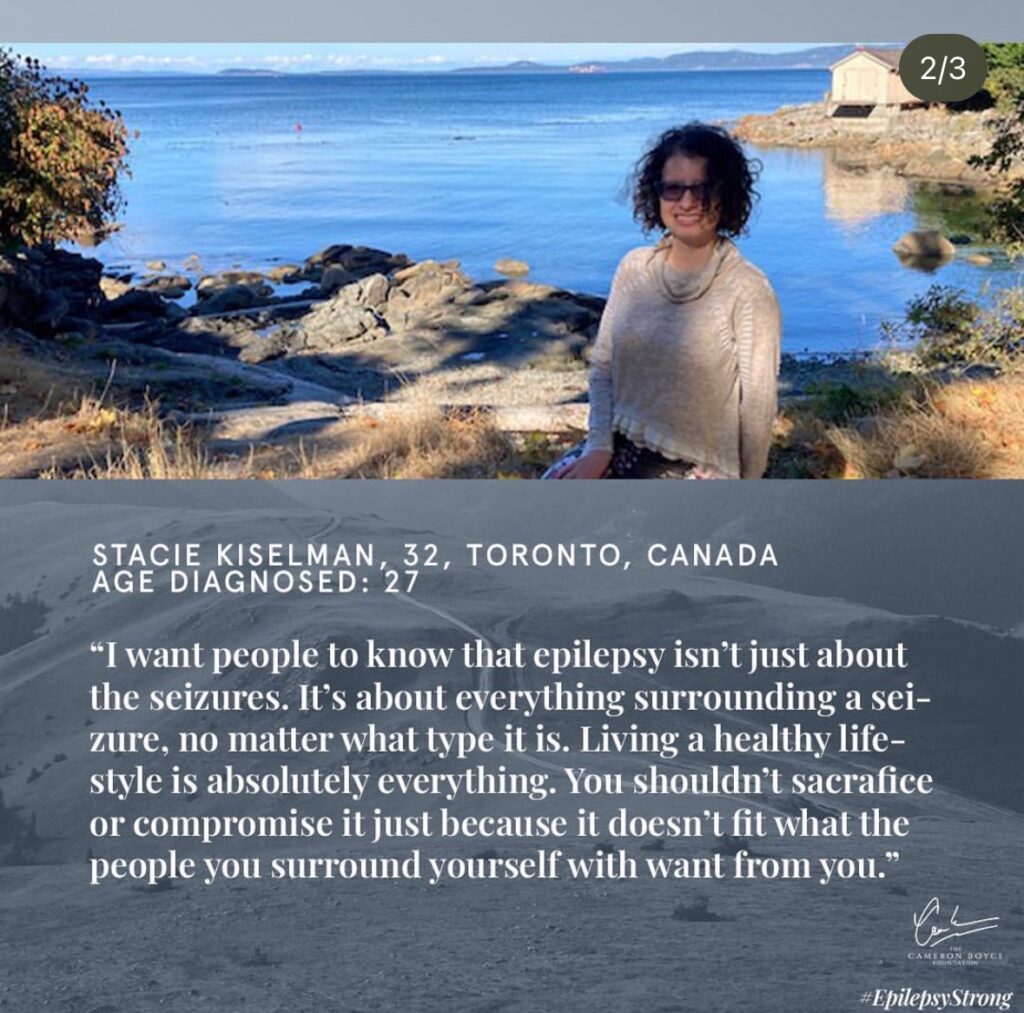
I’ve been very open about my struggles with epilepsy, but I recognize that not everyone is so public as I am about their health and such. In fact, the first two years of my epilepsy struggles were very private. No one knew of my diagnosis with the exception of my family and a few close friends. After a while, I couldn’t hide my illness anymore as it was taking over my entire life. It seemed as though it was becoming easier to hide that I have cerebral palsy than I did epilepsy. It was a complete clusterf*ck of a time.
Cameron Boyce kept his health condition private. The only people that knew of his epilepsy diagnosis were his family and the two friends that were with him when he had his first seizure. And I have to say, those two friends of his are great people for never telling anyone of what they witnessed, which I’m sure was traumatizing, especially considering that they were all teenagers at the time. Boyce had his first seizure when he was just 16 years old, a young teenager; and he was a young man when he passed away. This is an important factor in the reason behind his death.
You’re probably wondering why I’m writing about the passing of a young man when this blog’s niche is women’s issues. Key word here is WOMEN. Well, Boyce’s death starts up a conversation about SUDEP – Sudden Unexpected Death In Epilepsy. SUDEP is exactly what it says it is. It’s someone unexpectedly passing away due to an epileptic seizure. It occurs when a seemingly healthy person with epilepsy dies for no known obvious reason. Statistics show that 1 in 1,000 individuals struggling with the illness pass away due to SUDEP. As of 2021, there had been 140,000 reported epilepsy related deaths.
What causes someone to pass away isn’t known to its entirety. Having experienced seizures of different kinds, what I can tell you is that during seizures, I’d experienced things like biting my tongue and inability to breath, which could probably explain why some epilepsy patients don’t make it, depending on the amount of time someone isn’t able to breathe. When I experience absentee seizures, it feels like Im unable to move my face; as though it’s fully paralyzed, and to the outside, it looks like I’m staring into space. When I experience focal seizures, I feel like someone is pulling me by my hair, as well as my entire body. When I experience grand-mal seizures, it feels like I’m being electrocuted and I lose control of my entire body.
And just like Cameron Boyce, I experienced seizures in my sleep. Unlike Boyce, I was fortunate enough to wake up from my sleep while have seizures, as well as wake up from the seizures. In several interviews, Boyce’s parents, Victoria and Libby, had said that they thought that someone having seizures in their sleep was the safest type of seizure because they’re not in harm’s way. In reality, it’s the most dangerous and deadliest type of seizure. In total, there are 12 types of seizures.
Statistics show that 1 in 26 individuals are diagnosed with epilepsy, a neurological illness caused by damage to the brain. The exact cause for someone developing epilepsy is unknown. I was personally told that I initially had developed epilepsy since birth due to me having cerebral palsy, but the seizures were controlled and there were no signs of them for 25 years. I didn’t even know what epilepsy was during those years. And then, I got into a car accident. It didn’t seem like such a big deal. Life continued as normal for months. But then, all of a sudden, out of nowhere, I had a seizure. To my knowledge, however, it wasn’t the actual car accident that caused the epilepsy to ‘come back’, but rather that I was mistreated by the hospital staff following the accident. I was told that I had a minor concussion, when it fact, it was more serious than that.
No matter the case, I have epilepsy. The reason for it doesn’t really matter. It doesn’t change the fact that I have this chronic illness that took over my life and turned it upside down. It almost destroyed me. And just as a (not so) fun fact, legendary actor Michael Cain’s brother was struggling with epilepsy. Their mother sent him to mental institution, and Cain didn’t even know of his brother’s existence until later in life. It was a different time. Disabilities were seen as shameful and disgusting. And speaking of Michael Cain, he starred in ‘Miss Congeniality’ with Sandra Bullock. Her partner, Bryan Randall, passed away of ALS in August 2023. Just like Cameron Boyce, Randall chose to keep his illness private. And just as it was with Boyce, his struggle with ALS only became public following his death.
Living with a pre-existing condition such as cerebral palsy, a disability that one is born with, is easier than living with a disability that is developed later in life. I never knew what life is like without cerebral palsy, even though I often wonder what it’d look like if I were able-bodied. Adjusting to my new life with epilepsy was a handful. Life is stressful in itself, and adding trying to find a new normal while living with epilepsy certainly didn’t help relief that stress. Your life in your 20’s should be about gaining new experiences; attending parties, joining clubs, meeting new people, staying up late, drinking, maybe even doing a little weed.
And I did all that. My 20’s were all about that. Seizures weren’t going to stop me from that; or so I thought. But my condition worsened the more time passed. My seizures became more severe and more frequent. I felt as though my life was over. In hindsight, though, my life was just beginning. I had to make changes for myself. I had to make lifestyle changes to its entirety. I started eating healthier, going to sleep earlier, working out more to get my body moving, I quit drinking, and I don’t do weed at all. And now, I feel healthy enough that I made the decision to stop in-taking anti-seizure medication. I wouldn’t recommend anyone who’s also an epilepsy warrior like myself to do that. I’m not a doctor. But there are some things to consider. Some anti-seizure medication, in fact, cause even more seizure frequency. The fact of the matter is, the medical system doesn’t want you to get better. They want you to stay sick and for you condition to get worse because they get more money out of you.
So what causes seizures to occur? Some triggers include:
- missed medication
- sleep deprivation – being overtired, not getting enough sleep or not sleeping well
- stress
- infection or illness
- hormonal changes (puberty, menstruation, menopause)
- dehydration
- low blood sugar
- alcohol or illicit drug use
- use of certain medications
- bright, flashing or flickering lights.
Triggers can look different for everyone. For some, flashing lights can trigger a seizures. For others, it won’t. Epilepsy doesn’t look the same on everyone. It’s especially the case when we talk about the differences in epilepsy between men and women, which is why I was so intrigued to write about Cameron Boyce on a blog that’s all about women’s issues. Young men, particularly those who are in their adolescence and young adult years, are more likely to be affected by SUDEP than women. That’s because women’s bodies are known to be stronger than men’s. Our periods is what makes our bodies stronger. It’s what protects us.
I recently watched Victor and Libby Boyce’s interview on ‘The Squeeze’, a podcast hosted by ‘Twilight’ actor, Taylor Lautner, and his wife, Tay Lautner. Taylor Lautner also appeared with Boyce in ‘Grown Ups’. The duo didn’t stay close throughout the years, but Lautner had nothing but kind words to say about the late young star. Throughout the interview, Victor and Libby talk about their grief and what helped them heal from the loss of their son. Mainly, they talked about finding ‘their people’; their community. They also talked about what Cameron was going through at the time of his death, which they say could’ve contributed to that fatal seizure.
Boyce was going through a transition in his life. He was transitioning from being a Disney actor to becoming a more serious, adult actor with such roles. Before his untimely death, he starred in ‘Runt’, an independently made movie. He played Cal, a troubled high school student who gets himself involved in dangerous situations. His character devolves into pain, self-destruction, and abuse after being subjected to bullying by his peers in high school. He also starred in the Amazon Prime original series, ‘Paradise City’ as Simon. This role reunited him with his ‘Descendants’ co-star, Booboo Stewart, and it also starred Bella Thorne, another Disney alum. More on her later. And finally, Boyce had a recurring in ‘Mrs. Fletcher, a Kathryn Hahn led mini-series.
He was on top of the world; or so it seemed from the outside point of view. Victor Boyce told a different story that gave us, me in particular, a completely different perspective that I never thought of before. That time in his life was a stressful one. It wasn’t what Boyce was used to. Going from being a child star to a young adult movie star was no easy matter. It wasn’t the same people that he was auditioning for, no one cared about him as much, he didn’t have his peers with him anymore that he could rely on for moral support, and his parents weren’t there to protect him along the way. It was a hectic period. In addition to that, which Victor didn’t mention but I researched, he moved out of his parents’ home two months before his fatal fate.
These new personal and professional changes were stressful enough for him that they took a toll on his body. On July 6, 2019, Cameron Boyce passed away after suffering a seizure in his sleep. His family saw him just a few hours beforehand when they had dinner together. I distinctly remember that day. My head was spinning. I was in shock. I had no idea that people could literally die of epilepsy. But in fact, statistically, more people pass away from epilepsy complications than they do of cancer. Hearing of Cameron Boyce’s death was a monumental moment for me. It made me realize just how lucky I am to be alive and to wake up from each seizure that I have. It also made me look at stress and stress management completely differently.
Hearing of his death and then hearing his parents speak of what they thought might’ve led him to suffer that fatal seizure made me realize I needed to make changes in my life; mainly based on stress and stress management. A few months after his death in 2019, my condition changed and I began suffering grand-mal seizures. I even had one in my sleep. No medication, no medical tests, no medical treatment was helping. In addition to seizures, I had other complications relating to epilepsy and the anti-seizure medication that were making it harder for me to live a normal life. My pregnancy was life-changing. It was an epiphany for me. I realized that I couldn’t rely on the help of medical professionals. Instead, I had to rely on myself. That’s why I now manage my diagnosis on my own. My biggest struggle is stress. I know it and I take it into account. Any situation that is stressful for me, that I have no obligation to be in, is out of my equation. It could be family, friends, or even the birds and the bees. Life is stressful enough as it is. If someone or something causes me unnecessary stress that affects my health — BYE, BITCH!!!
I previously mentioned that young men in their adolescent and young adult years are more likely to pass away of SUDEP. But that’s not to say that women aren’t risk as well. In fact I know of two, even three women, who passed away due to epilepsy. First, there was Teena Marie. She developed epilepsy after a large picture frame fell and struck her in the head in a hotel room. In 2010, Teena Marie was found deceased by her daughter. It was found that she passed away of natural causes following her suffering a tonic-clinic seizure a month prior. Cameron Boyce’s autopsy findings also stated that he passed away due to natural causes. I also know of a woman who passed away to suffering a seizure while using a treadmill. And finally, an acquaintance of mine passed away due to her struggling with both epilepsy and depression. She was intaking anti-depressants, which could’ve resulted her in suffering a fatal seizure after being seizure free for years.
Epilepsy is the most common neurological disorder, and yet the most known one. There’s so much work to be done to research this illness that doesn’t only take over and ruin someone’s life, but take it away too. I don’t take anything with a grain of salt. I know my life is hard, but I also know I’m fortunate to be here still alive. To know that I’m still here able to witness my son grow up is the greatest privilege. All I know is that I’m really happy to still be here. Life is too short to dwell on the sadness of the struggle with epilepsy. I choose to be happy. I choose to be grateful. I choose to always work on myself – my body, mind, and soul.
Our Most Popular Posts
Sign up to our newsletter if you want to see more content from The Graceful Boon! By signing up to our newsletter, you'll get an even more in-depth content from yours truly, Stacie Kiselman, who's our Graceful Boon, that you won't want to miss out on.










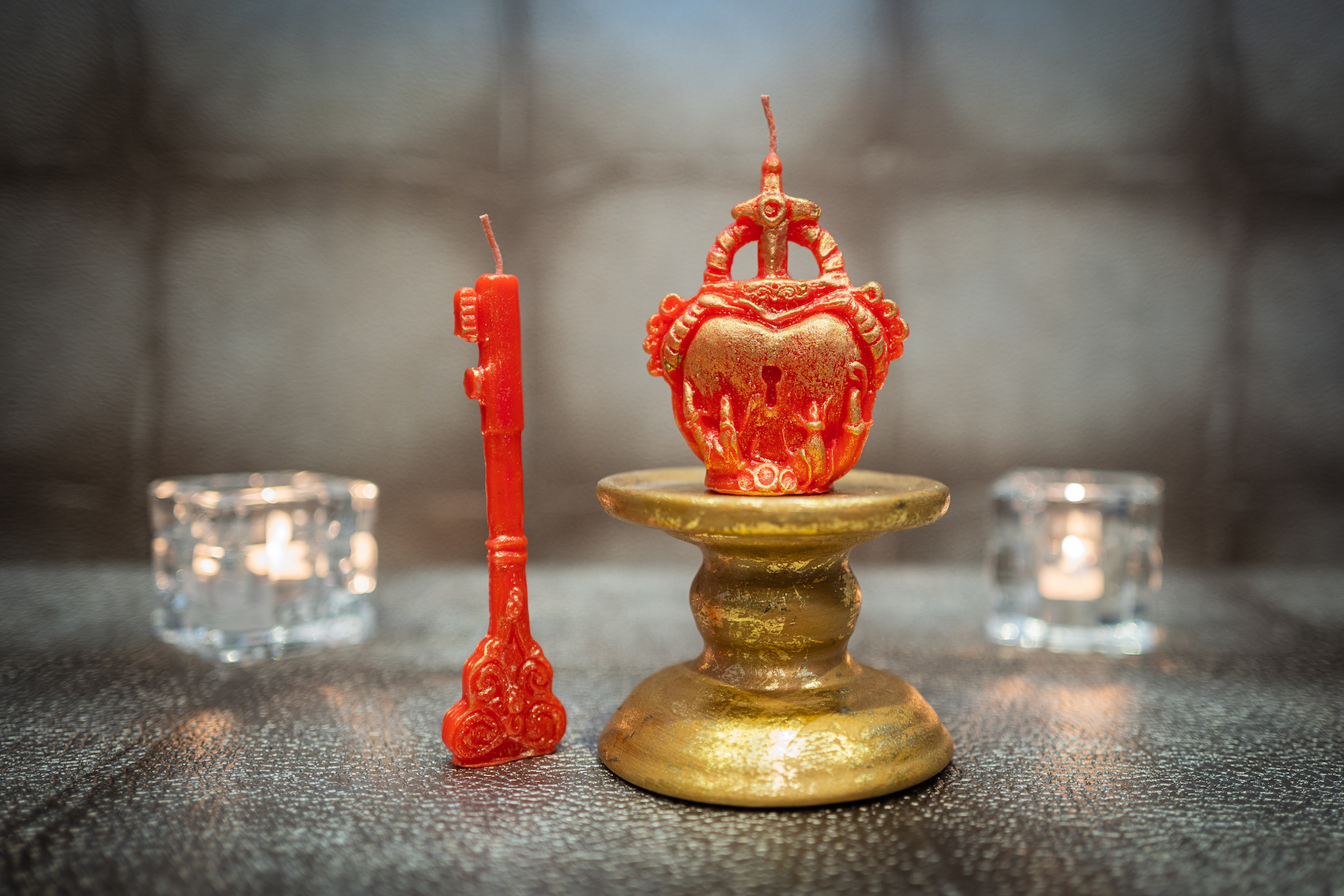


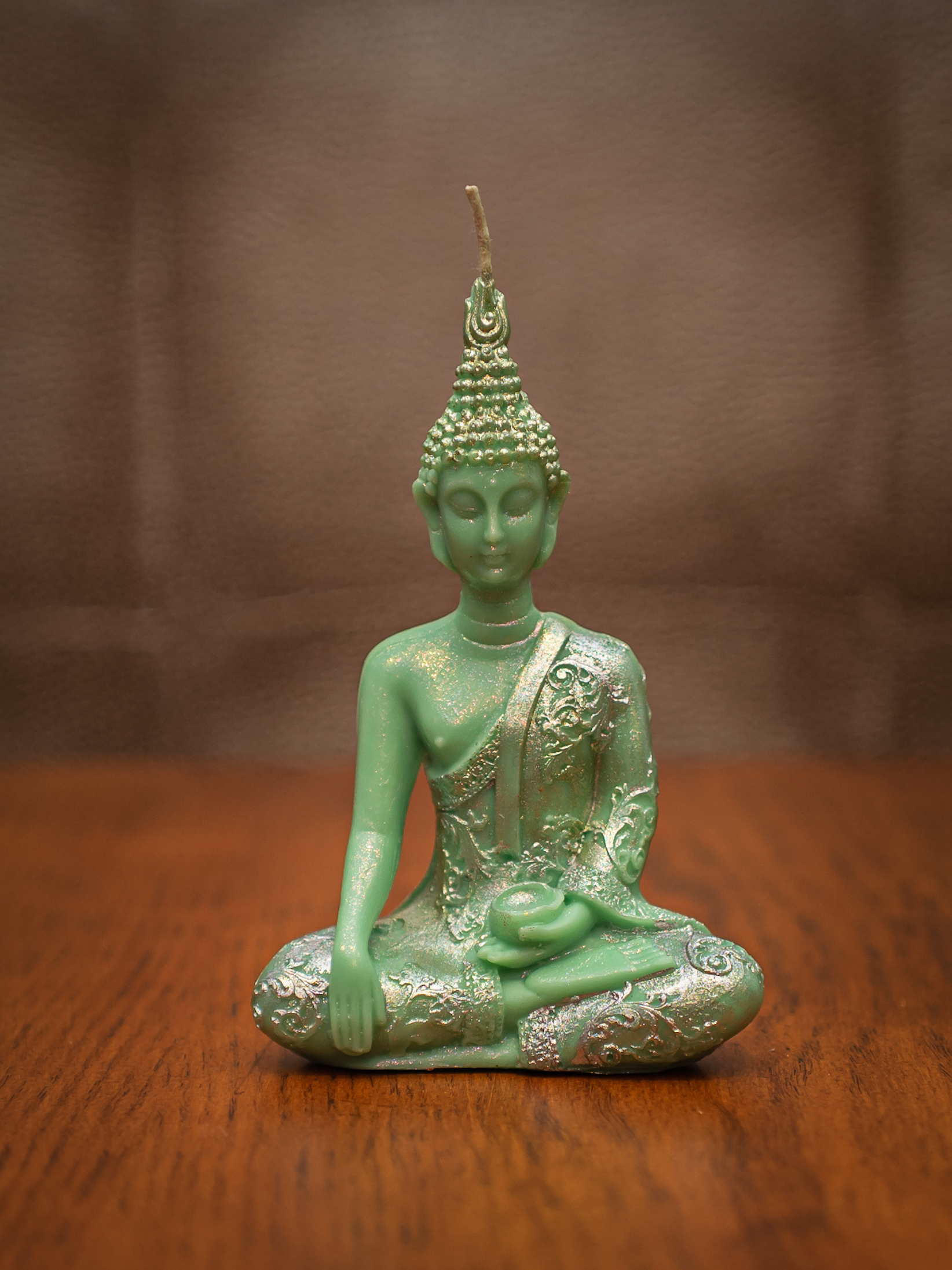
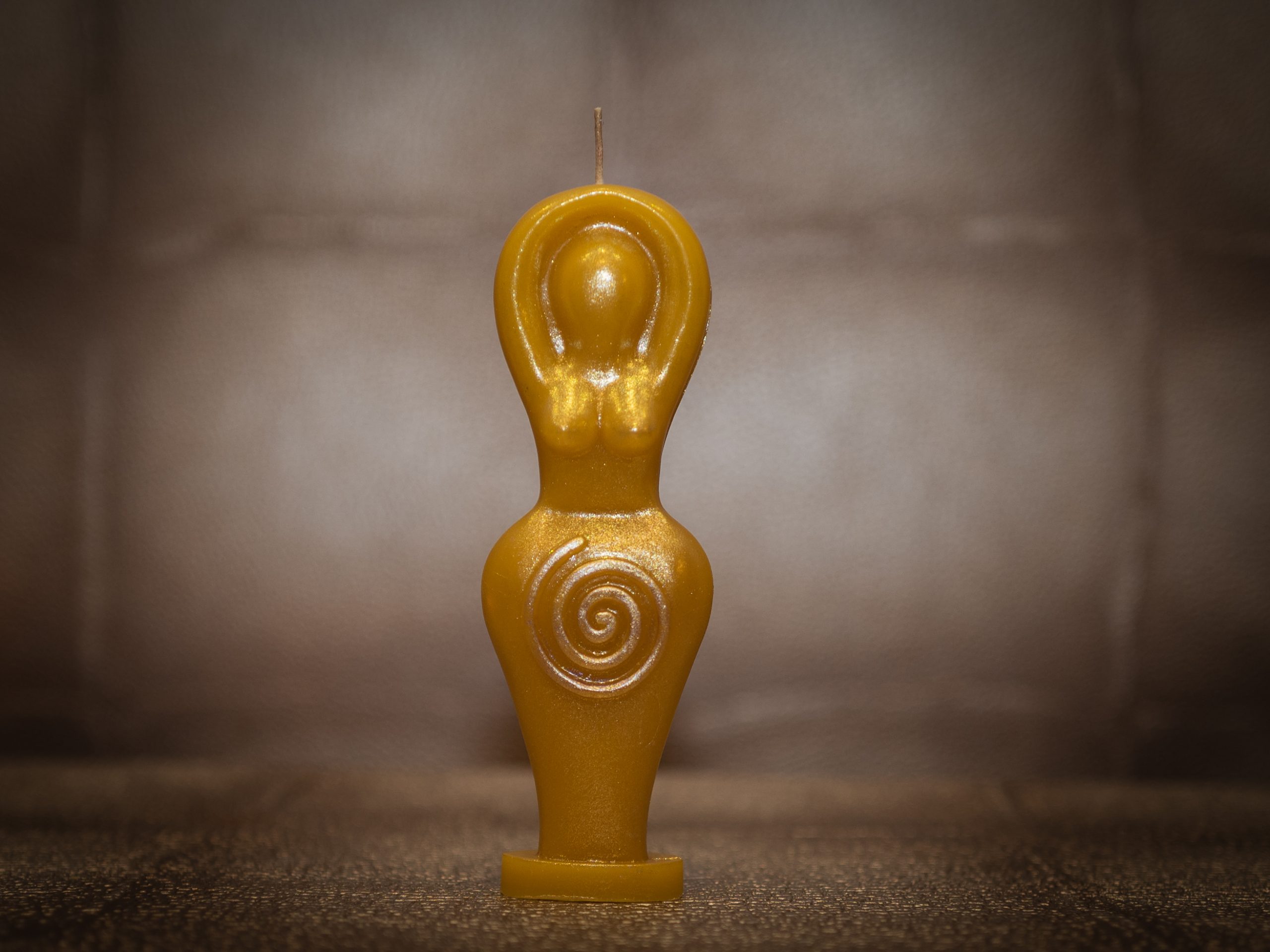
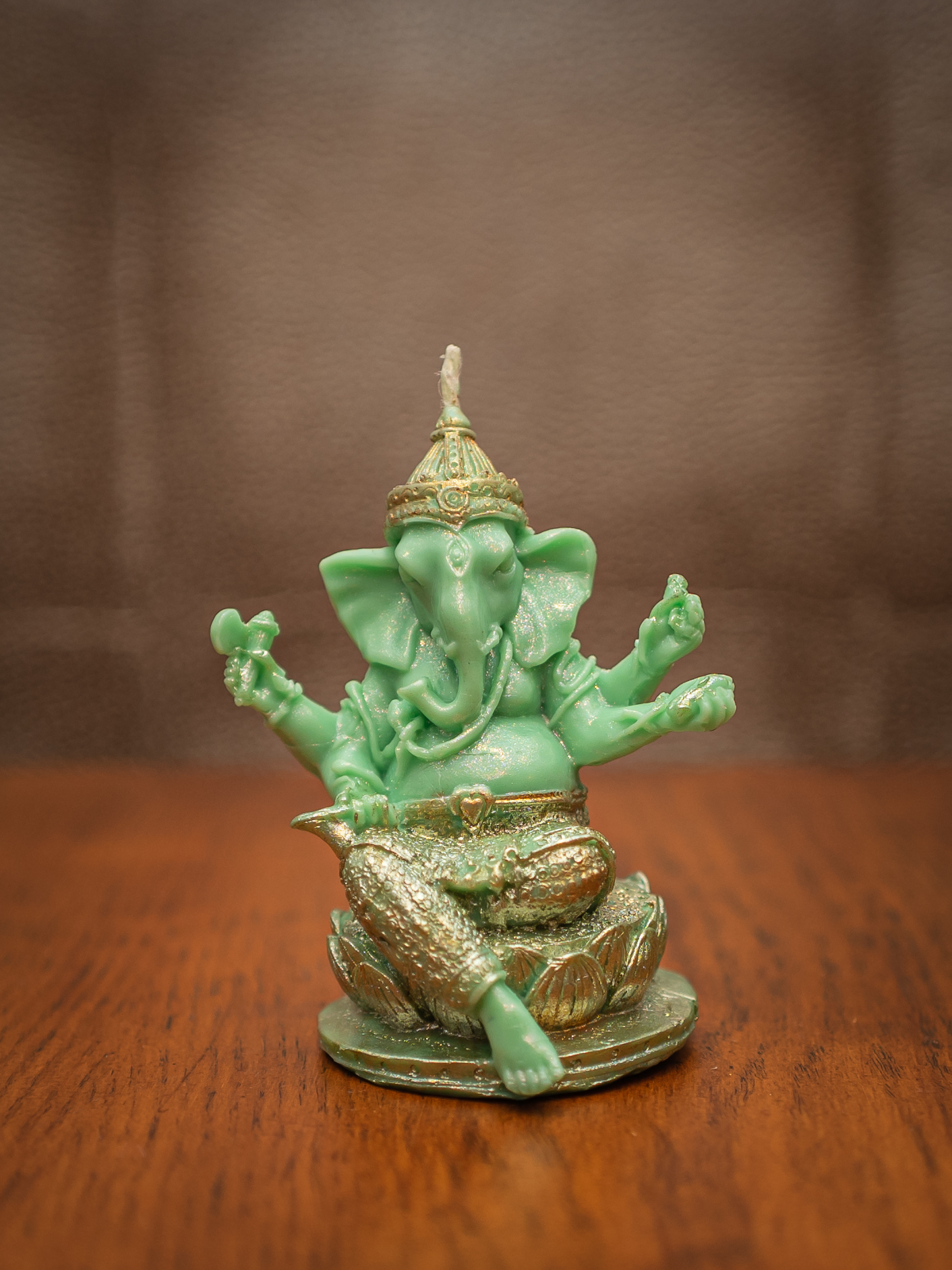





Interesting! My kids all watched “Jessie” so I was familiar with Cameron Boyce and very sad when he passed. Thanks for sharing details about epilepsy. I had a close friend who has it. I was with her for a few seizures and it opened my eyes.
Wow, epilepsy sounds like a difficult condition to live with. I’m so sorry you have to deal with this chronic condition/seizures. How sad about Cameron Boyce. It’s amazing you’re writing about it to raise awareness.